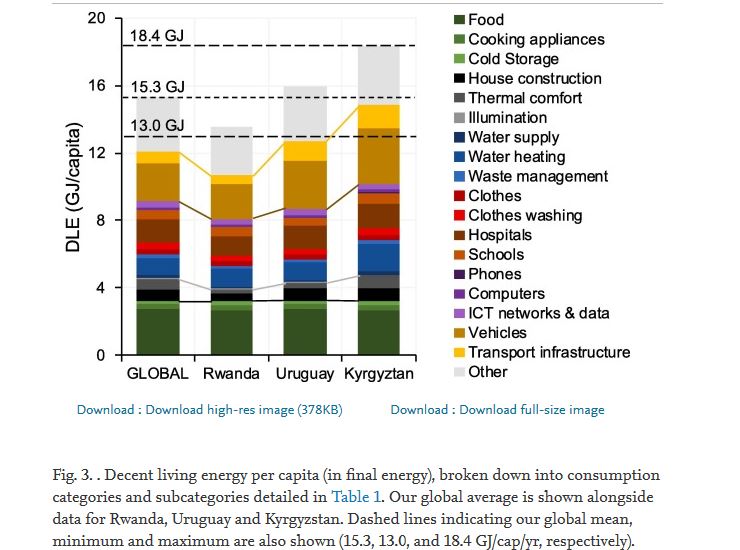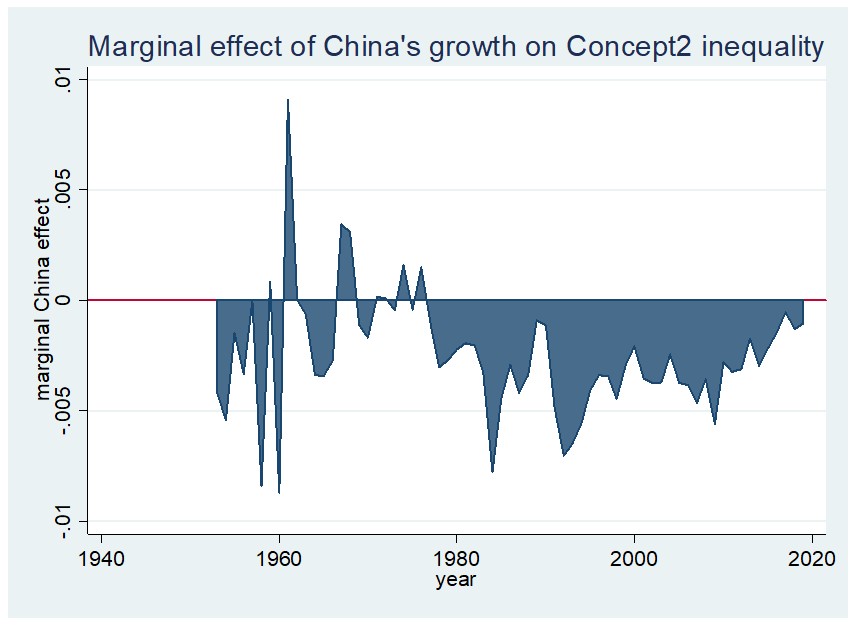
If I had my own way, I would never pay much attention (today) to people who would tell me they want to study inequality & populism, and inequality & discrimination. These are popular topics, everybody is now ready to study them & I would take it as a sign of lack of originality.
But, leaving aside global inequality and links between factoral and personal inequality, which are indeed my favorite topics, I would love on see studies on (here are some examples):
Why the end of apartheid did not bring income inequality down (but increased it) in South Africa?
Will climate change (under current projections) increase inter-country inequality or not?
Will climate change (under current projections) increase inter-country inequality or not?
Did introduction of cotton gin & incentive for enslavement increase inequality in the US? And does it carry any implications for the role of robotics?
Did fascist regimes increase wages more than profits?
Is corruption always inequality-increasing?
Did fascist regimes increase wages more than profits?
Is corruption always inequality-increasing?
Were socialist regimes class-based?
Can you have a class-based inequality when assets cannot be transmitted across generations?
Why Africa had high inequality even when the main factor of production (land) was in common ownership?
Can you have a class-based inequality when assets cannot be transmitted across generations?
Why Africa had high inequality even when the main factor of production (land) was in common ownership?
Why do autocrats need (or do not need) wealth?
Why don't rich countries that lose money through tax evasion crack down on tax havens?
Do federal regimes reduce inequality between states?
Why don't rich countries that lose money through tax evasion crack down on tax havens?
Do federal regimes reduce inequality between states?
Is high cost of education a way for the rich to maintain monopoly of education in favor of their offspring?
Are campaign donations, in a *democracy* getting even more concentrated than wealth?
Did inequality in France increase before the Revolution, or it went down?
Are campaign donations, in a *democracy* getting even more concentrated than wealth?
Did inequality in France increase before the Revolution, or it went down?
Was gender inequality substantially reduced in socialism with positive long-term effects on growth?
Does commodification reduce gender inequality?
Are politicians getting richer *after* they leave office?
Was financial capitalism historically associated with high inequality?
Does commodification reduce gender inequality?
Are politicians getting richer *after* they leave office?
Was financial capitalism historically associated with high inequality?
@threadreaderapp unroll
• • •
Missing some Tweet in this thread? You can try to
force a refresh





